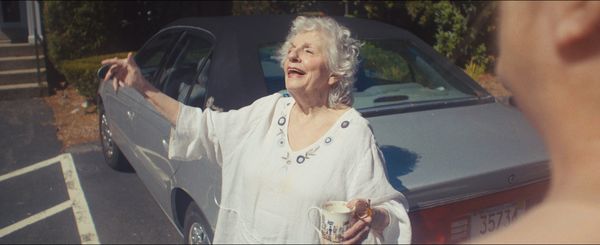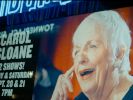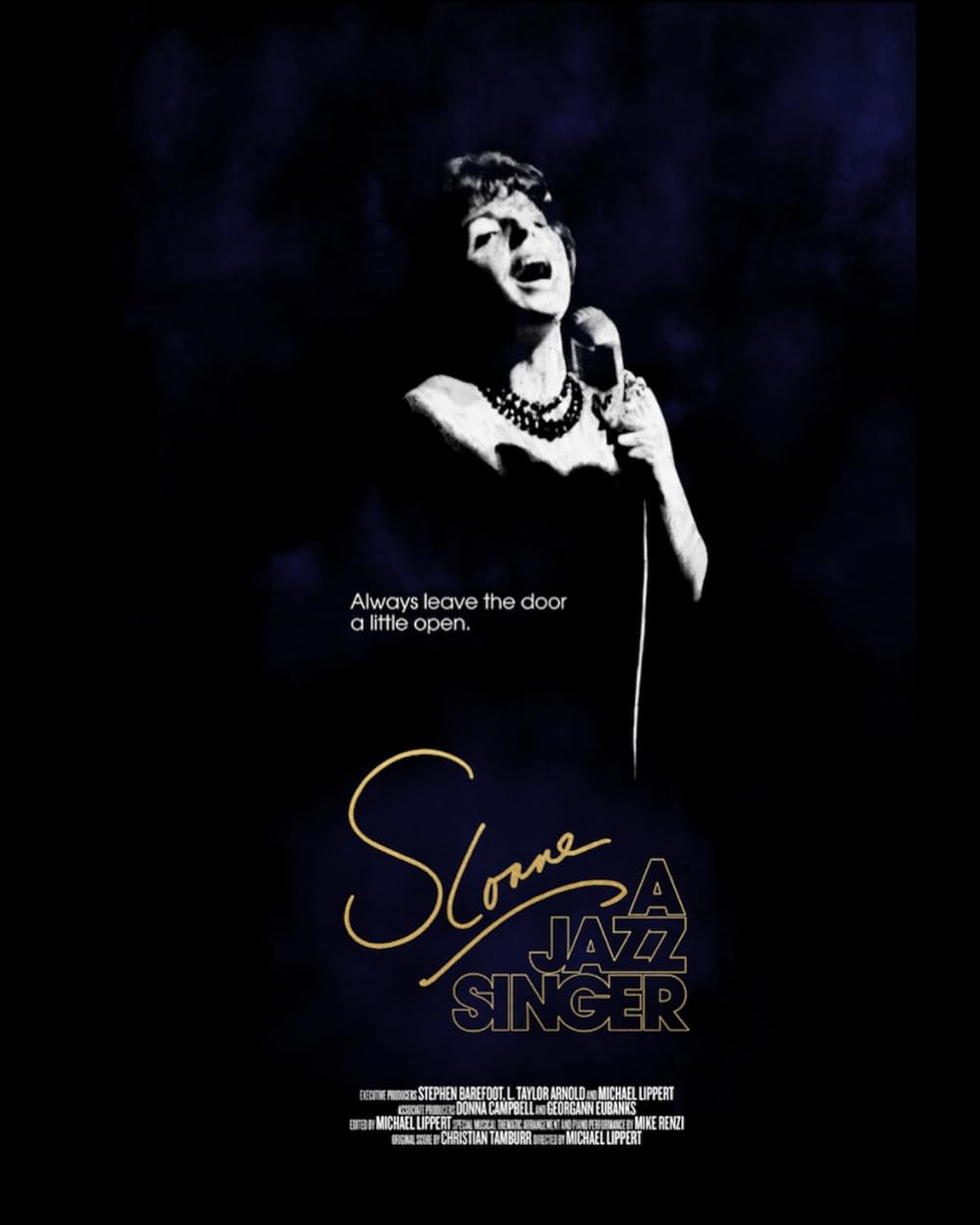Eye For Film >> Movies >> Sloane: A Jazz Singer (2023) Film Review
Sloane: A Jazz Singer
Reviewed by: Jennie Kermode

Michael Lippert’s latest documentary, screening as part of Palm Springs 2024, opens with a quote from The Washington Post’s Matt Schudel: “If Carol Sloane isn’t America’s greatest living jazz singer, then no one deserves the title.” It’s a bold claim, but what follows does an impressive job of backing it up.
We meet her first when she’s visiting her local supermarket in Stoneham, Massachusetts, to retrieve a forgotten cane. A small, slightly bent elderly white woman with curly white hair, dressed in casual clothes, she doesn’t look like a musical legend, but she’s toured with Ella Fitzgerald, the Beatles and the Rolling Stones, performed at the Newport Jazz Festival, and much more. The supermarket manager is impressed when, curious about the presence of the documentary crew, he realises that she’s famous. She’s humble about it – to her it’s just a part of life – but she still has that voice.

She stepped back from active work, we learn, when her husband Buck developed dementia; she now keeps his ashes in the closet, where we see her talking to them, maintaining that relationship which, even in his absence, is a source of reassurance and strength. “You are not too old, and it is not too late,” says a note stuck on the fridge. At 82, she wants to resurrect her career, to make one more album before she dies. She still has clout, and has been invited to Birdland to record one live.
The film, which was released just after Carol’s death and is dedicated to her beloved colleague Mike Renzi, follows her story in the present at the same time as telling her story in the past. She shares her memories as she goes about her day to day life and her musical work, so the two narratives weave together very smoothly, making for a story which would be naturally engaging even if it didn’t have such an interesting focus – and you won’t need to know much about jazz to connect with the film. It provides a gentle introduction to the subject yet has treats in store for the initiated.
Gentleness is, indeed, part of the magic of Carol Sloane. The power in her voice isn’t obvious at first, but emerges as she takes control of the flow of sound, shaping it with ease, filling it with subtle yet palpable emotion. She tells us that she has always loved improvisation. She would never have been content with the mainstream white American music that was around when she was growing up, with it focus on precision, its idea of perfection. As a consequence, she listened to Black women, absorbing aspects of their style. She also learned Black history, and she says that she never once felt rejected for being white. She did feel like an imposter in other ways, always worried that she wasn’t good enough and didn’t really deserve to be there, even when she was hanging out with Ella Fitzgerald in an airport, singing Ella’s favourite song.
There’s an intimate quality to Carol’s singing, her interpretations always intensely personal. The silence that accompanies her performances, in anticipation of this, is mesmerising in itself. Where other forms of music may benefit from youthful energy, jazz requires experience, understanding, empathy. Carol may be humorous and slightly mischievous offstage – she has an irreverent approach to life which befits a woman who took her name from a furniture store – but in song, she is completely focused, and thanks in part to Lippert’s film, her songs will be heard for many years to come.
Reviewed on: 03 Feb 2024















